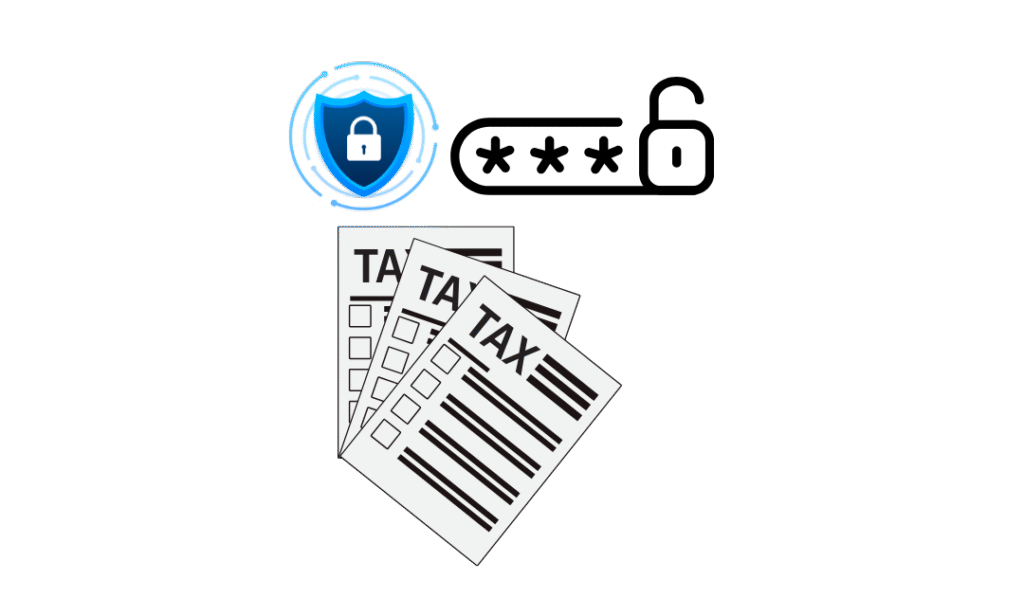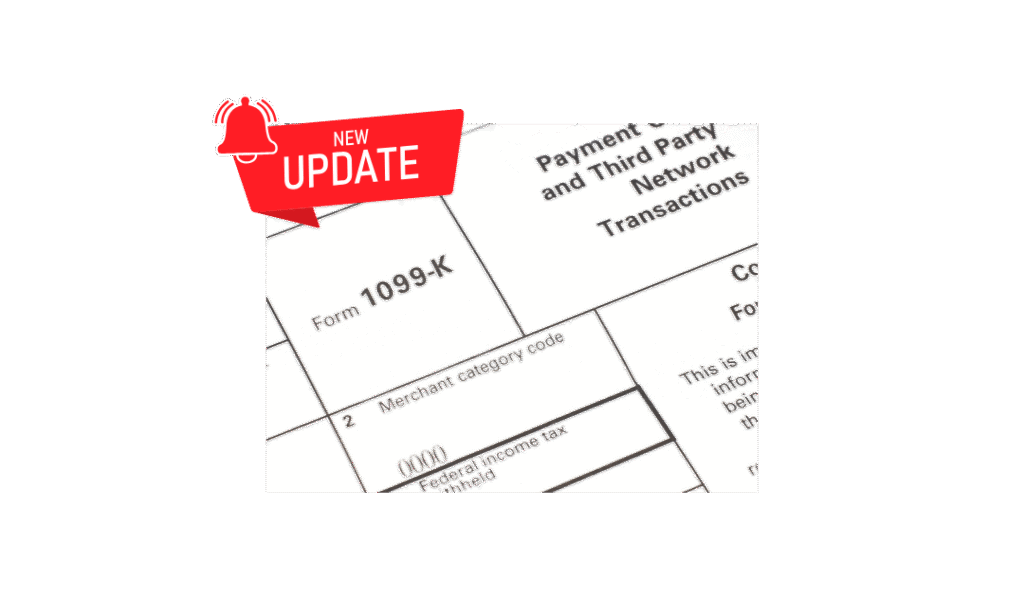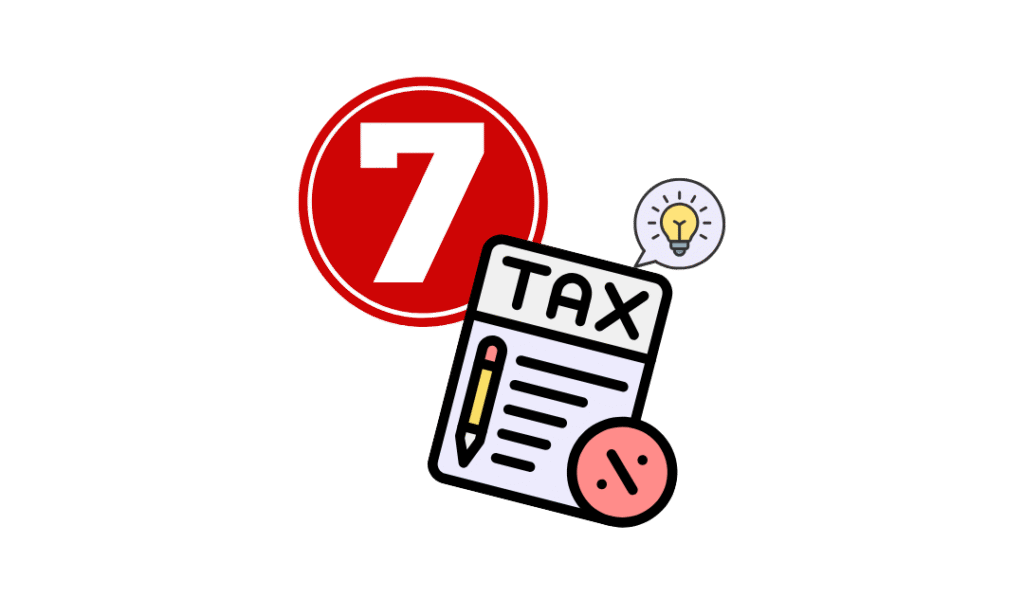Disclaimer
This blog post is provided for educational and informational purposes only.
It does not constitute tax, legal, accounting, or financial advice and should not be relied upon as a substitute for professional counseling tailored to your specific situation.
Always consult a qualified tax advisor or legal professional before making decisions based on this content.
Use of this site or information herein does not create a professional relationship between you and BadranTax LLC or its principals. Any reliance on the material is solely at your own risk.
While we strive to provide accurate, up-to-date information, BadranTax LLC makes no warranties, express or implied, regarding accuracy, completeness, or suitability of the content.
Links to external websites are provided for convenience only. BadranTax LLC does not endorse and is not responsible for the content or practices of third-party sites.
BadranTax LLC and its affiliates expressly disclaim all liability for any actions taken or not taken based on this information.
Filing taxes with the help of a professional should bring peace of mind, not uncertainty.
But in an age where scams and identity theft are on the rise, how can you make sure your preparer is legitimate?
One powerful tool the IRS uses to protect taxpayers is the Preparer Tax Identification Number (PTIN). Whether you’re hiring a tax expert or you are one, understanding PTIN protection is essential to safe and accurate filing.
What Is a PTIN?
A PTIN is a unique identification number issued by the IRS to all paid tax return preparers. It’s used in place of a Social Security Number on tax documents and is required by law for anyone who is compensated for preparing or assisting in the preparation of federal returns.
Any tax preparer you hire must have an active, valid PTIN—no exceptions.
Why PTIN Protection Matters
- Protects Your Identity: Using a PTIN keeps your preparer’s personal data secure and reduces fraud risk.
- Ensures Accountability: Every PTIN is tied to a registered individual, allowing the IRS to monitor and track preparer compliance.
- Confirms Legitimacy: Seeing a PTIN on your return is confirmation your preparer is properly registered with the IRS.
How to Verify a Tax Preparer’s Credentials
As a taxpayer, you have the right to ask for and verify your preparer’s PTIN. Here’s how:
- Check your tax return before it’s filed—the PTIN must appear in the signature section.
- Use the IRS Directory of Federal Tax Return Preparers to confirm their registration.
- Never work with someone who refuses to sign your return or provide their PTIN.
PTIN Requirements for Tax Preparers
- All paid preparers must apply for and renew their PTIN annually at IRS.gov.
- Preparers who file without a valid PTIN may be subject to penalties and disciplinary action.
- If your PTIN is lost or stolen, the IRS offers procedures to report identity theft or suspected misuse.
What If My Preparer Doesn’t Use a PTIN?
If your return is filed without a PTIN, or the number appears to be fake or incorrect:
- Request a corrected return with a valid PTIN listed.
- Report the issue directly to the IRS using Form 14157 (Return Preparer Complaint).
PTIN Protection + Trusted Experts = Secure Tax Filing
All of our tax professionals and Enrolled Agents are IRS-compliant, registered with valid PTINs, and trained to handle sensitive financial information with the highest level of care and security.
We help individuals and businesses file accurately while protecting their identity, data, and financial future.
Additional Resources:
- IRS: PTIN Requirements for Tax Return Preparers
- IRS: PTIN FAQs
- IRS: Directory of Federal Tax Return Preparers with Credentials and Select Qualifications
FAQ: PTIN Protection
Do all tax preparers need a PTIN?
Yes. Anyone who is paid to prepare federal tax returns must have and use a valid PTIN.
Is a PTIN the same as an EFIN?
No. A PTIN identifies the preparer, while an EFIN (Electronic Filing Identification Number) identifies the firm submitting the return.
Can I file a return for someone else without a PTIN?
Only if you’re not being paid. If you’re paid to prepare returns, you must use a PTIN.
How do I get a PTIN?
You can apply or renew a PTIN online at IRS.gov/ptin. The process takes just minutes.

Amro Badran, EA is the Managing Partner of BadranTax LLC,
Experienced and Trusted Tax Resolution Firm based in New Brunswick, NJ.
With over 40 years of experience and accreditation as a Federal Enrolled Agent, Amro Badran and his team of experts specialize in helping individuals and businesses resolve complex IRS issues and controversies.





